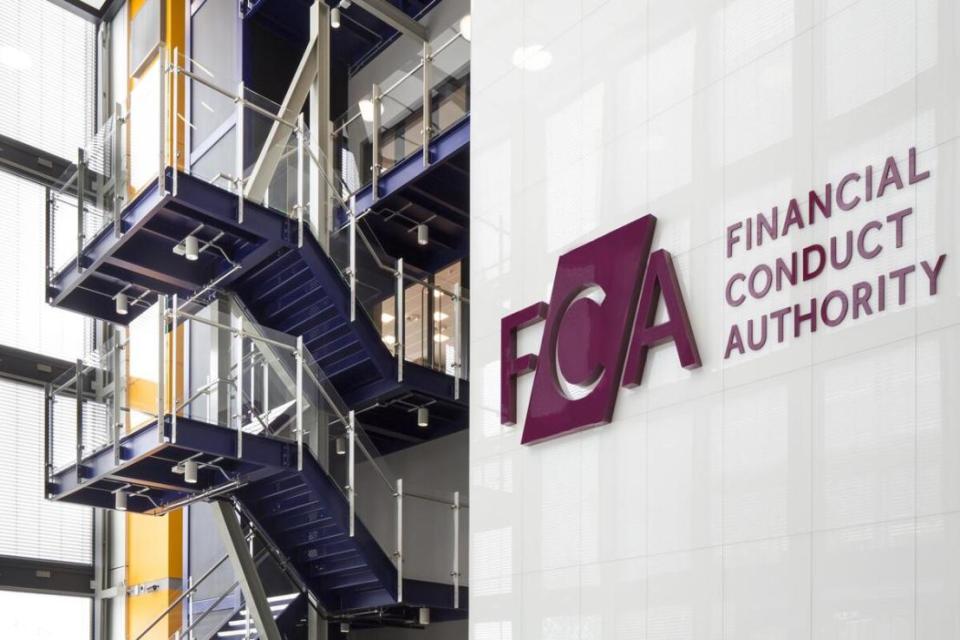Investment research budgets are finally on the rise again

Investment research budgets have started to rise for the first time in six years after European regulations hampered the growth of the industry.
Investment research budgets across both European and American asset managers rose both in absolute numbers and as a proportion of assets under management in the first half of 2024, data from Substantive Research revealed.
The amount of money spent on investment research budgets has been dropping dramatically in the wake of MiFID II, a set of EU regulations that came out in 2018 to increase transparency over how asset managers pay for research.
As a proportion of assets managed, budgets among US asset managers grew 15 per cent over the six-month period, with spend among European firms rising four per cent, the data revealed.
Meanwhile, investment research budgets increased by 2.2 per cent in monetary terms across the 60 fund houses polled by Substantive Research.
“Although a modest rise, this fundamentally changes the dynamics of the research market,” said Mike Carrodus, CEO, of Substantive Research.
“Within that figure, some providers are increasing pricing and driving greater consumption of meetings and calls with their sector analysts. We are back to a market of winners and losers, instead of almost all research providers experiencing price deflation year after year.”
Brokers still dominate research budgets, taking 85 per cent of spend annually, which has decreased by 1 per cent since last year, while tooling and analytics solutions grew from four per cent to five per cent of research budget allocations.
The concentration of research budgets to the top 10 brokers rose slightly from 54.8 per cent to 54.9 per cent, which Carrodus described as a key metric to monitor in future, as it will show if the Financial Conduct Authority’s attempts to spur greater competition have paid off.
Despite the growth, the CEO noted that “the recovery does not take us anywhere near where research spending was pre-MiFID II”.
He added: “What this does do, is set the scene for the FCA’s new rules later this summer, with the key question being ‘Will the new FCA freedoms accelerate European research spending up to a US level and trend ahead?’”
“Much will depend on the reaction from the asset managers’ end investor clients, and even if research costs do end up chargeable to asset owners once again the new procurement rigour in research valuation and payments from the buy side is going nowhere,” said Carrodus.
“If this market is to reflate materially, there will need to be new demand for new asset classes, and new supply required to justify additional payments in future — a change in funding will not arbitrarily drive research pricing back to pre-MiFID II levels.”
The FCA is expected to announce updated regulations to overhaul MiFID soon after a consultation on the new rules closed last month.

 Yahoo Finance
Yahoo Finance 